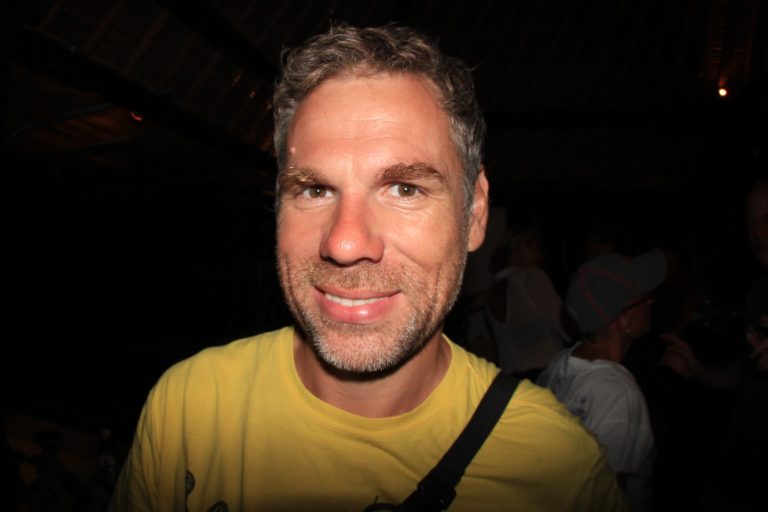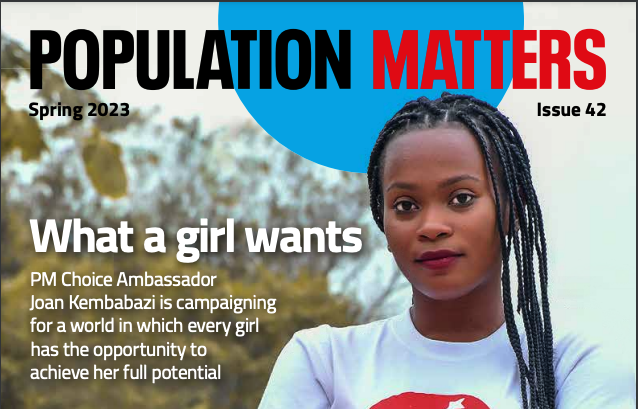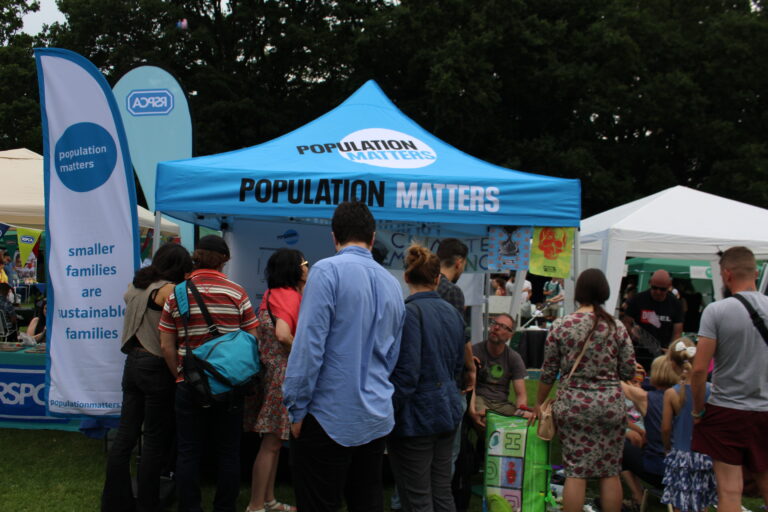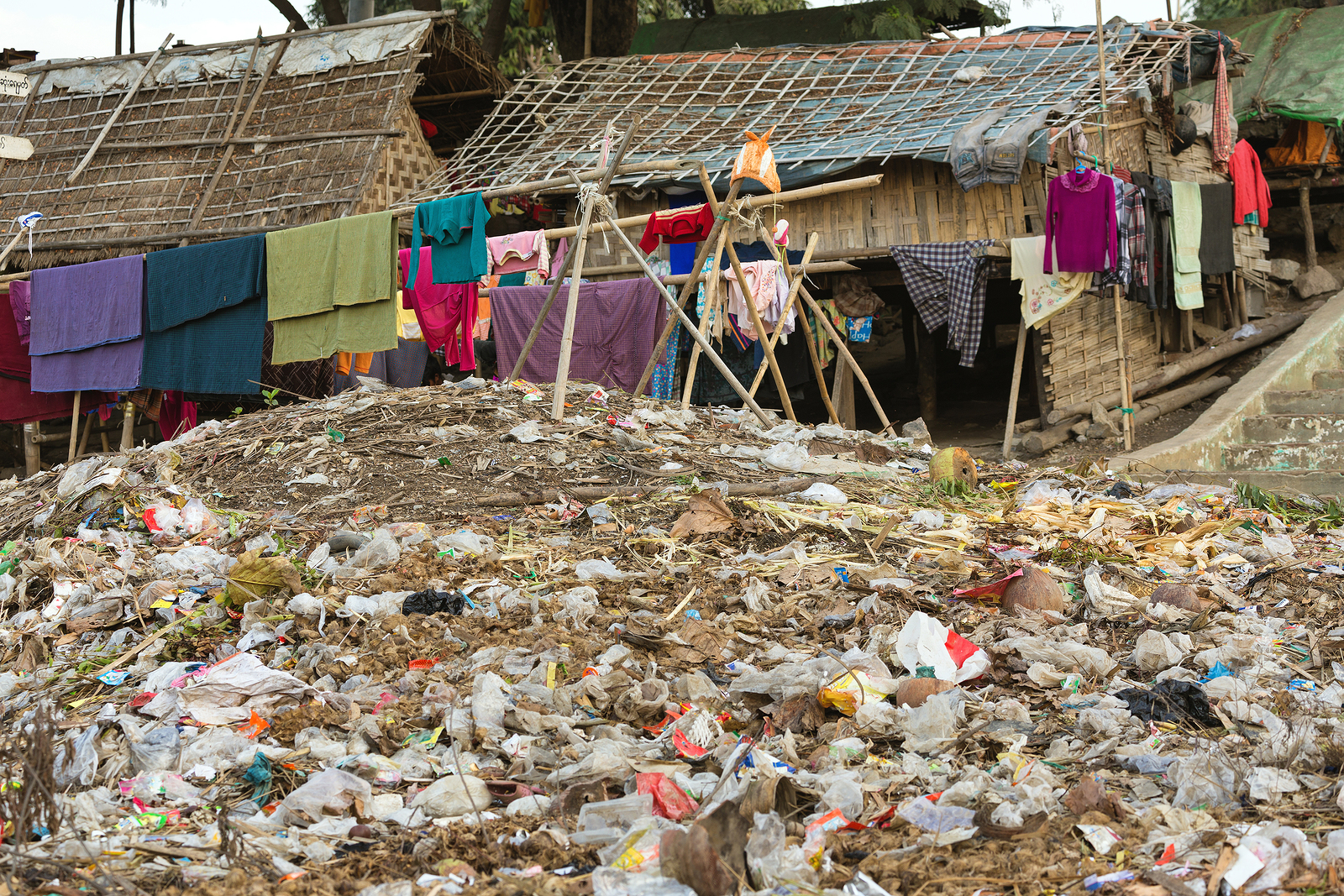
The plague of plastic, but new global treaty brings hope
Did you know that nearly 80% of plastics end up in landfill or the ocean? That’s why this year, World Environment Day turns its focus to plastics and the practical solutions needed to solve this global problem. We asked John Higginson, editor-in-chief of Plastic Free Post, to tell us more.
For the past six years, I have been a communications professional supporting organisations to tell the public about the problems of plastic and plastic pollution. From the amount you would have heard about plastic pollution, you might say I have been successful. But words are cheap. When it comes to plastic production we have failed miserably.
Legislation on plastic has fallen behind public opinion and plastic production continues to surge. However recent developments, such as the second session of the UN Intergovernmental Negotiating Committee (INC-2) held in Paris last week, provides a glimmer of hope.
A global plastics treaty
INC-2 is part of the UN Global Plastic Treaty Dialogues. If successful it will lead to countries around the globe adopting targets to reduce plastic pollution. This would be in the same way as the UN Paris Accord set global targets for reducing CO2 emissions in each country which are being followed today.
While plastic pollution has become a significant environmental challenge that has captured global attention. Heart-breaking images of marine life entangled in plastic debris and vast ocean garbage patches have sparked outrage and galvanised public opinion. However, despite increasing awareness and concern surrounding plastic pollution, the production and consumption of plastic have not shown signs of abatement.
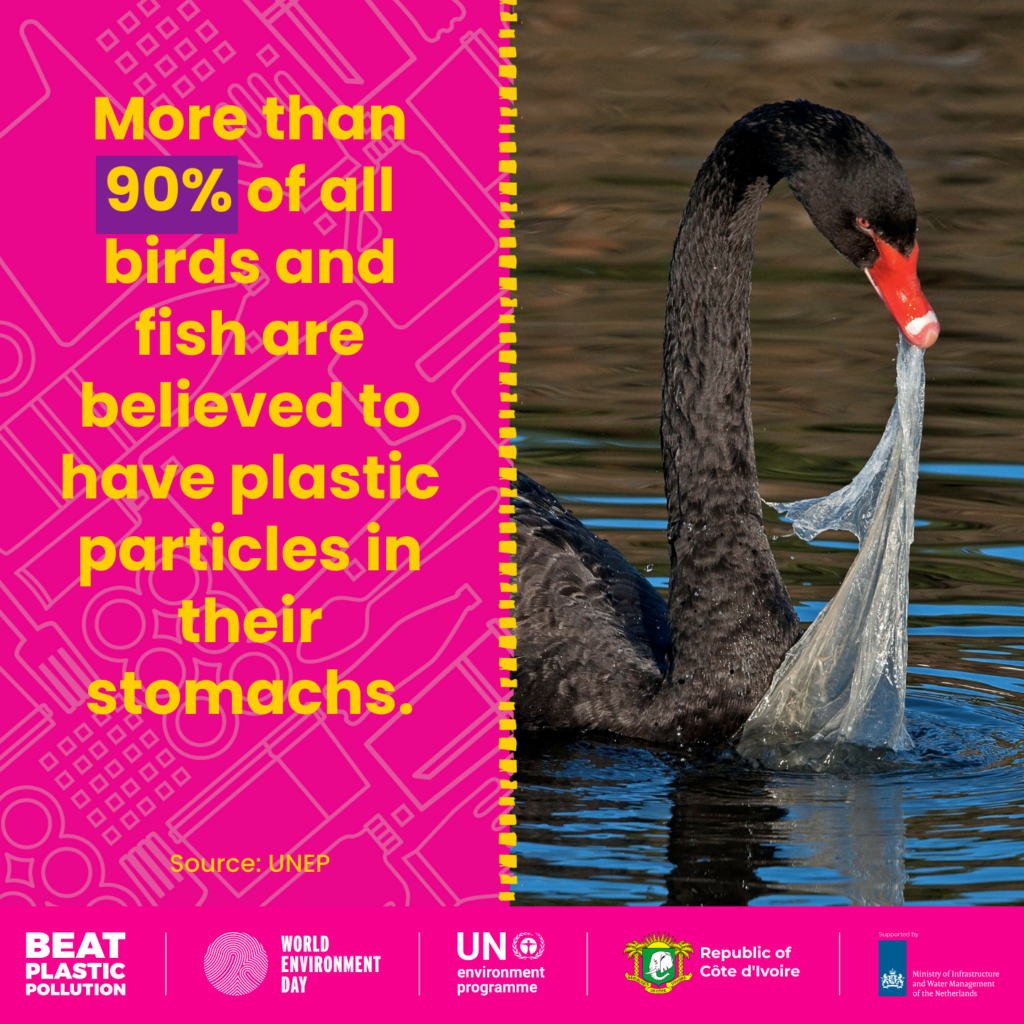
One of the primary reasons is the shift of oil companies towards plastic production. As the demand for fossil fuels decreases due to efforts to transition to renewable energy sources, oil companies have redirected their resources and investments towards the production of plastic. This transition, driven by economic incentives, perpetuates a cycle of plastic production, consumption, and disposal that our planet cannot sustain.
The challenges posed by plastic pollution are compounded by human population growth. Over the past half-century, the global population has doubled, placing immense strain on our finite resources and natural ecosystems.
However, amidst these challenges, there is a glimmer of hope. INC-2 has provided a platform for nations and stakeholders to address plastic pollution comprehensively.
These dialogues represent a significant step towards bridging the gap between legislation and public opinion.
During INC-2, government representatives, civil society organisations, industry leaders, and scientific experts gathered to discuss policy measures, regulations, and cooperation mechanisms.
My colleagues at Higginson Strategy alongside some of the influential campaign groups I am lucky enough to work with such as A Plastic Planet, Common Seas and Plastic Soup Foundation were in attendance in Paris making sure business does not water down the agreements.
The dialogue recognised the urgency of the plastic pollution crisis and emphasised the need for a unified global response.
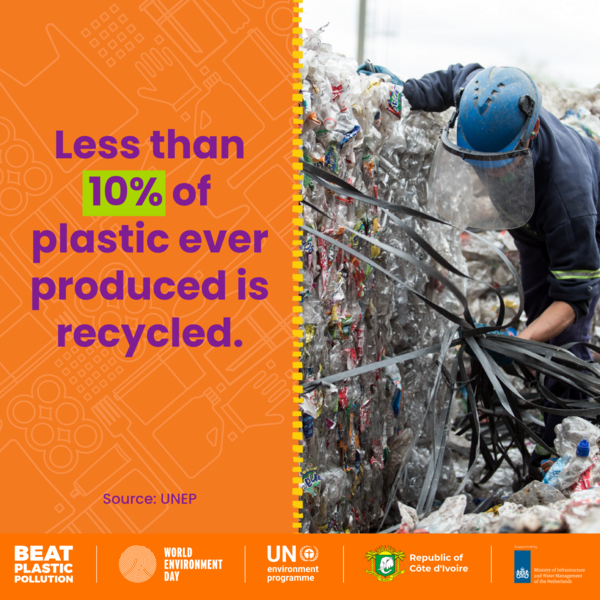
When it comes to the environment, or anything at the moment it seems, getting agreement across countries is very challenging.
The UN Plastic Treaty Dialogues offers hope for a more sustainable future. The discussions revolved around reducing plastic production, promoting recycling and circular economy models, and developing sustainable alternatives.
Emphasis was also placed on the importance of raising public awareness and fostering international cooperation to address the intertwined challenges of plastic pollution and population growth.
These deliberations signify a growing recognition among nations that legislation must align with public opinion, reflecting the widespread desire for change. It is crucial to build upon this momentum and ensure that the resulting global agreement is robust, enforceable, and sustainable.
World Environment Day serves as a timely reminder of our responsibility to safeguard our environment for future generations. As we celebrate this day, let us recognise the positive strides made through platforms like the UN Plastic Treaty Dialogues. It is an opportunity to redouble our efforts, hold governments and corporations accountable, and mobilise communities to embrace sustainable alternatives. By working together, we can ensure that legislation catches up with public opinion, paving the way for a world where plastic pollution is no longer an inevitability on our beautiful planet.
_________________________________________________
John Higginson is editor-in-chief of Plastic Free Post and founder of purpose-led communications agency Higginson Strategy.
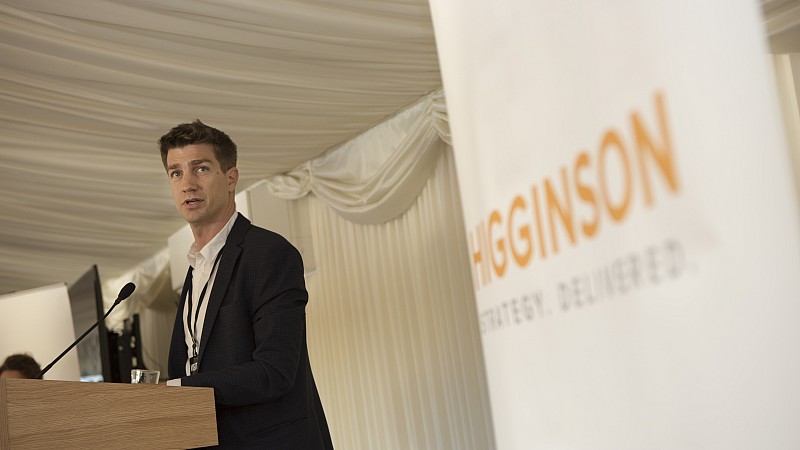
Guest blogs do not necessarily represent the views of Population Matters.

